More Than Birds and Bees: Sexual Health & Safety Starts at Home
by on 05/07/2025 ...

Asian parents often shy away from discussing sex education with their children because they think it means talking about intercourse. However, sex education encompasses much more and it is something that should begin early in childhood at home. You, as a parent, is the best person to teach your child about these sensitive issues so that you pass on your family values. Don’t leave the job to someone else, or worse, leave your children to figure things out on their own!
Keep Private Parts Private
At around the age of 2-3 years old, a child is beginning to be curious about their body, including their private parts. Do not be alarmed if they explore and touch themselves or others. Teach them about what is appropriate and to respect boundaries.
Teach them the name of each body part and show them which parts of their body are private.
Use proper names such as “penis” or “vagina” to refer to their private body parts. Explain that everyone should keep their private parts covered, and no one should ever touch them, without their permission.
Where Do Babies Come From?
Children as young as 5-6 years old might begin to wonder where babies come from and it is important that you are their source of information. Share pictures of them as a fetus if you have photos of their ultrasound, and also photos of mummy’s belly getting bigger. They do not need to know all the details but they should know that they are a result of a loving relationship between their parents.
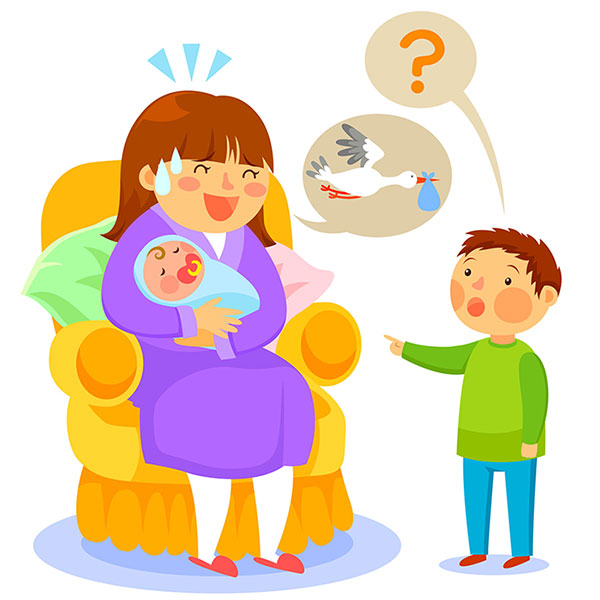
Pornography and Rude Words
Children from the age of 7 or 8 may be exposed to media with sexual content. Remember that being curious or being interested in sex is normal. Talk to your child about pornography. Explain that it is pictures or videos of people with their private parts exposed, and that it is not suitable for children to see. Be firm that they should never take photos of themselves without their clothes on, and if they accidently see pornography, they should tell you or another grown up straight away so the issue can be resolved.
Primary school children may also be exposed to sexual language, or hear rude words being used. They may repeat them to get attention or for amusement. Do not overreact, and most importantly, do not use those words yourself. Children often simply do what they see you doing; as the saying goes, “Monkey see, monkey do.” Help them to find other words to express themselves or to get attention from their peers in more positive ways.
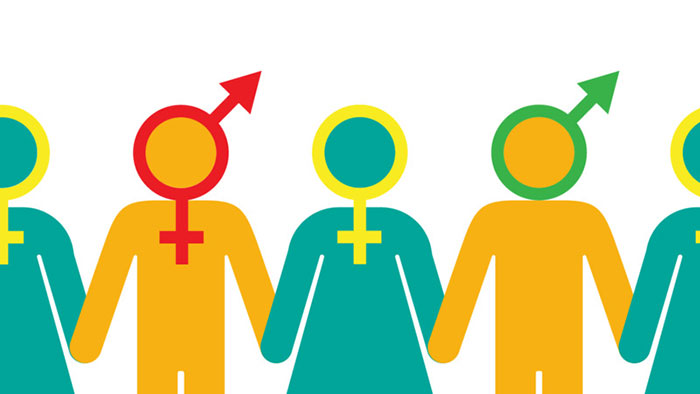
Puberty and Self-Esteem
As early as age 10, you can talk to your child about changes in their bodies and their emotions as they approach puberty. Talk to them about boundaries, respect and self-worth, and protect them from any negative influences from the media – where perhaps their body image is given more value than their inner person. Give them affirmation of their worth and of your love and acceptance.
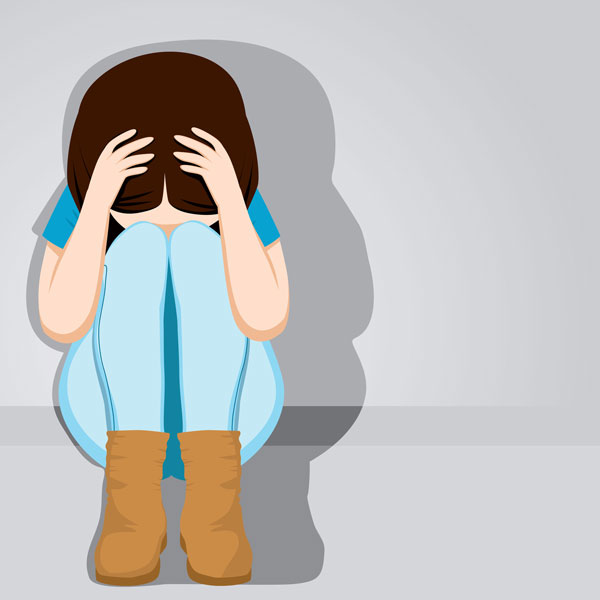
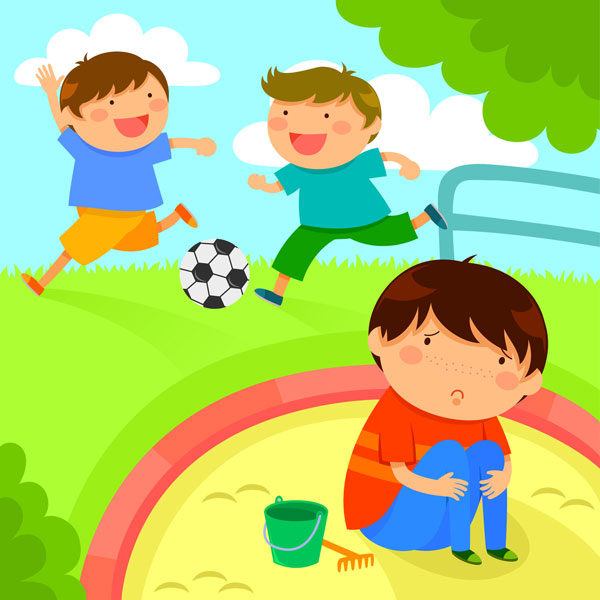
Be Safe and Stay Safe
At every age, remind your children about safety. Be the person that your child goes to first if they feel unsafe about another person or a certain activity. Teach them to say “no” if they are invited or coerced into anything that makes them feel uncomfortable.
Let your child know that you are always available to talk. Respond to their questions calmly and never over-react or make them feel uncomfortable about opening up to you. Keeping open, calm and non-threatening channels of communication between you and your child will allow them to learn about sex education, family and society based moral standards and staying safe.
About Oasis Place
Located right in the heart of Kuala Lumpur, Oasis Place is at the forefront of Malaysia’s educational and developmental intervention services, providing world class, multidisciplinary intervention services to children, adolescents and adults of all abilities and ages. Its core intervention services include psychology, speech and language therapy, sensory integration occupational therapy, music therapy, continuous education and nutrition. The facility is equipped with modern apparatus, resources, therapy materials, assessment tools and much more. Oasis Place also provides continuous education workshops led by numerous international and local speakers to empower parental awareness and professional development, setting a new benchmark in Malaysia’s allied health community.
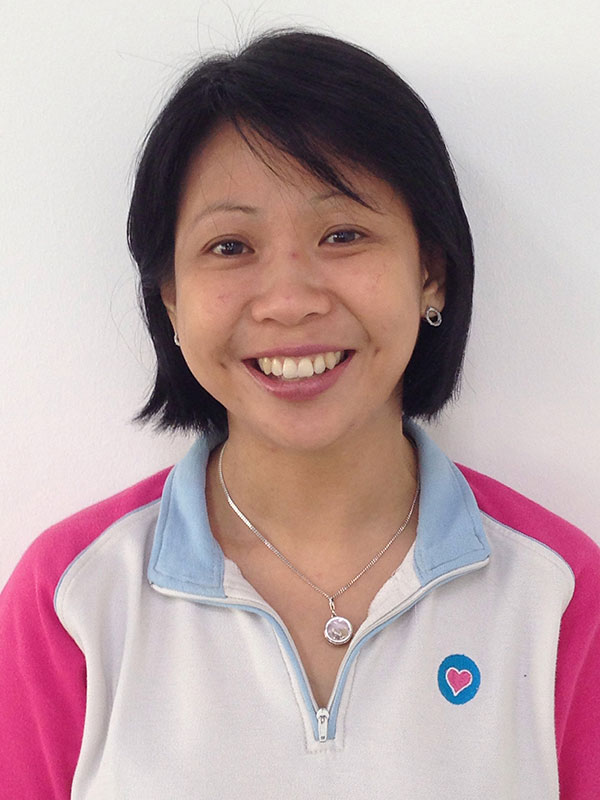
Kiddy123 would like to express our heartfelt appreciation to Tan Cheng Yi, chartered educational psychologist from Oasis Place for the informative article.
For more information on their service, please visit:
Website – www.oasisplace.com.my
Facebook – OasisPlaceMalaysia
Instagram and Twitter – @OasisPlaceMY


































